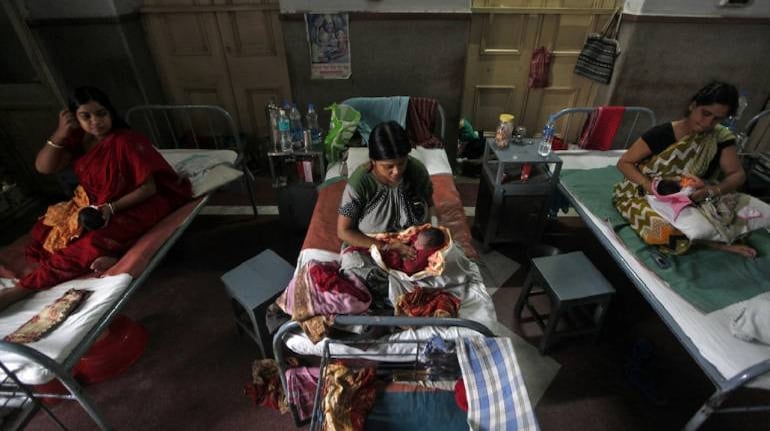



The Economic Survey 2017-18 today called for a wider spread of inclusive policies to reduce inequality and make the growth process more equitable.
“Though macroeconomic growth and efficient markets are essential, it is necessary to equally ensure that the benefits of growth are equitably accessible to all citizens to make growth bbroad-based” the survey, tabled in Parliament today, said.
Towards inclusive development, India has been implementing programmes for social sectors like education and health to include women and the marginalized sections of the people to bridge the gaps in educational attainments, health outcomes and employment opportunities, it said.
Strengthening the policy and institutional ecosystem supporting inclusive growth deserves to be a top policy priority for countries, whether they are experiencing slow growth, elevated inequality, or both.
“This is an imperative for countries seeking to thrive in the Fourth Industrial Revolution,” it said. “The policies and institutional systems for inclusive growth are progressively being built by the government in the form of digitalization to transform governance and achieve social inclusion through financial inclusion initiatives, gender mainstreaming and measures to reduce all forms of social inequalities inherent in Indian society”.
Investment in human capital is a prerequisite for a healthy and productive population for nation building. Being a developing economy, there is not enough fiscal space to increase the expenditure on critical social infrastructure like education and health in India, it said.
“However, given the limited resources, the government has consistently prioritized strengthening the educational and health profile of the population. As India is poised to grow as one of the leading knowledge economies, education, skill development and health will remain priorities for the government,” the survey said.
On education, the survey said that in addition to quantitative indicators, the quality of education also needs to be monitored and assessed.
The learning outcomes are assessment standards indicating the expected levels of learning that a student should achieve for that particular class. Towards improving the learning outcomes at elementary school level, Central Rules under the RTE Act have been amended in February, 2017 to include the defined class-wise, subject-wise learning outcomes, it said.
Most states reported an improvement in schools complying with pupil teacher ratio (PTR) norms of RTE Act during 2009-10 to 2015-16. However, despite improvement in number of schools complying with PTR norms, states like Bihar, Jharkhand, Madhya Pradesh, and Uttar Pradesh have higher percentage of schools with PTR greater 30 compared to other States.
There is a need to assess whether higher number of schools having a PTR greater than 30 in these states is owing to the shortage of teachers or deployment issue of teachers.
Discover the latest Business News, Sensex, and Nifty updates. Obtain Personal Finance insights, tax queries, and expert opinions on Moneycontrol or download the Moneycontrol App to stay updated!
Find the best of Al News in one place, specially curated for you every weekend.
Stay on top of the latest tech trends and biggest startup news.